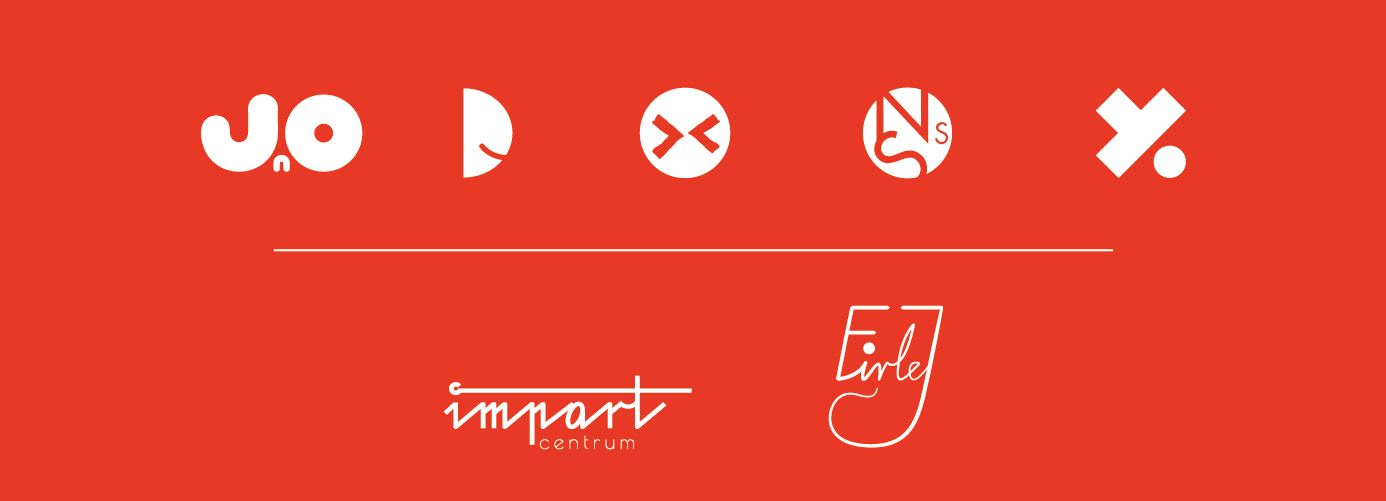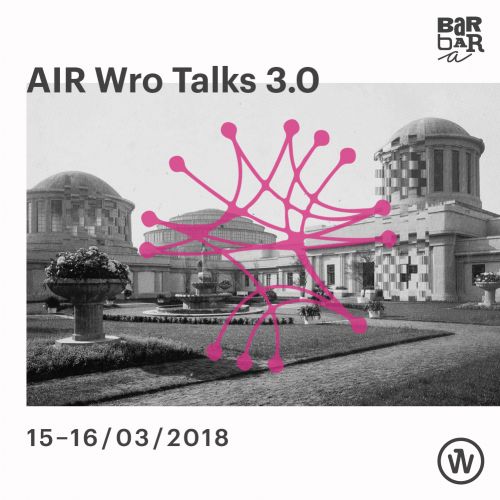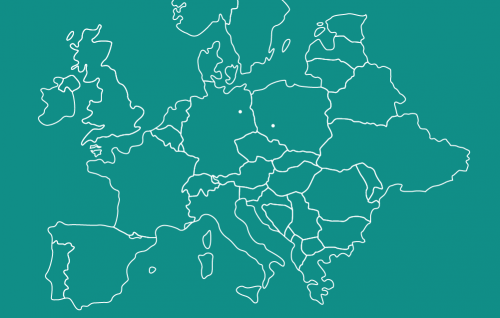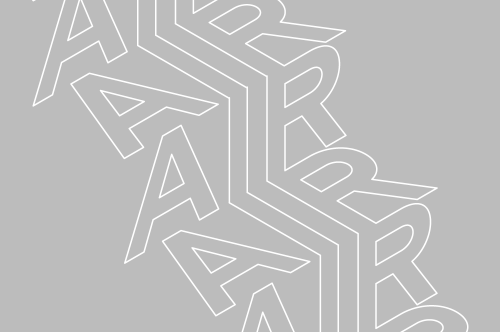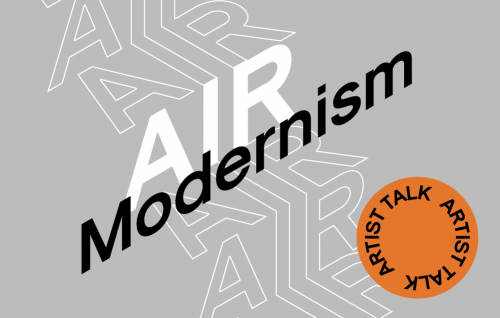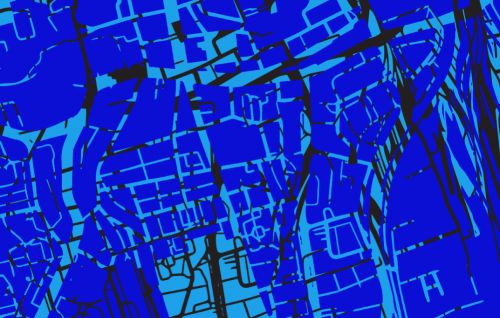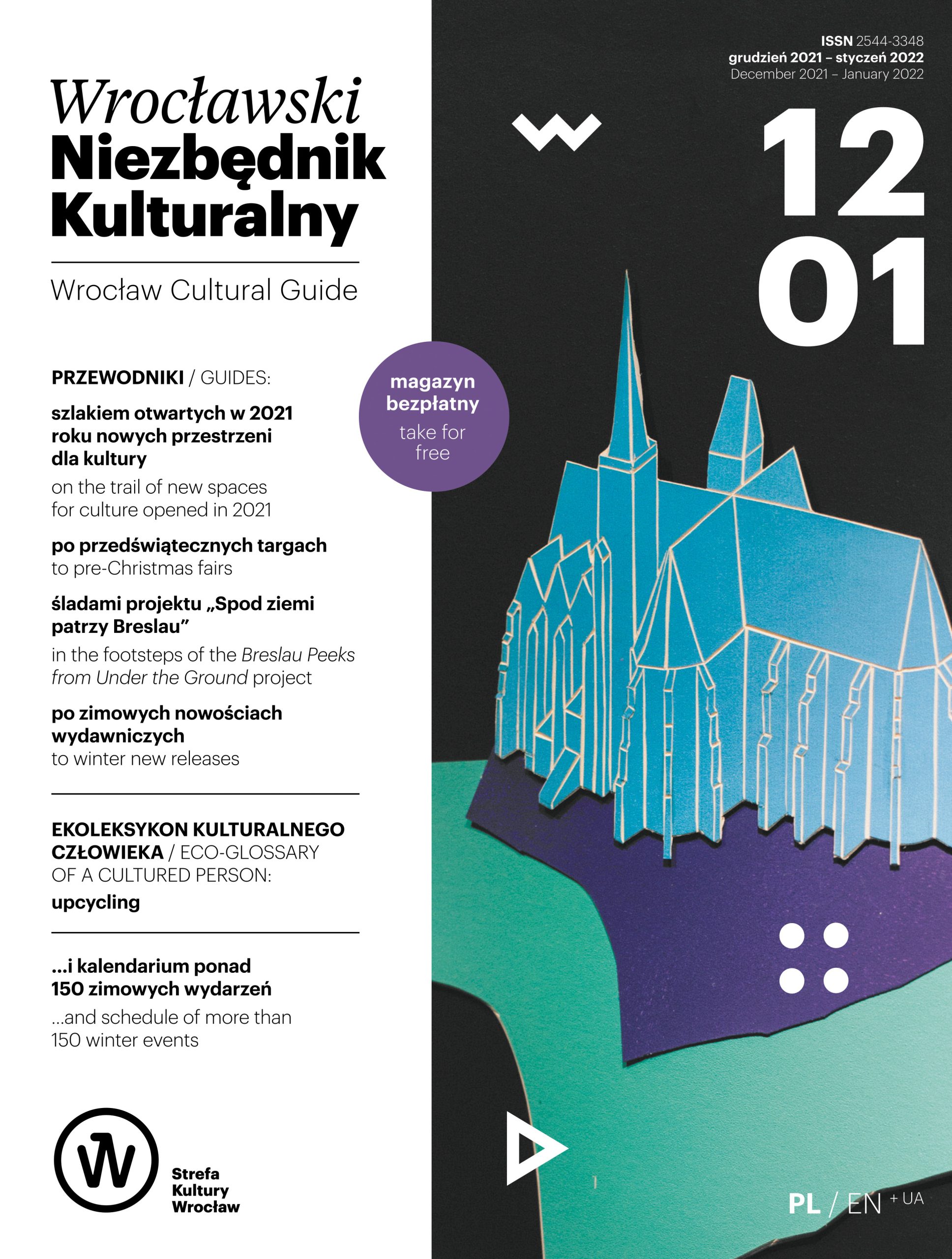Common goals of creative industries in Europe are the starting point for discussions about forms of cooperation that, through culture, affect the shaping of civic attitudes or respond to current problems. We are interested in the exchange of experience and knowledge because we believe that it is still the main source of our development as creators of culture and, above all, allows us to build a community of professionals who, thanks to cooperation, can react to global dynamic changes.
We’ll discuss the possibilities of building a civil society through culture with Miekie Renders from Trans Europe Halles, Philipp Dietachmair from European Cultural Foundation and Szilvia Nagy from Local Operators’ Platform (LOCOP).
The discussion will be held in Barbara (Świdnicka Street 8B in Wrocław) on the 16th of March 2018. You can register for the event here.
Speakers:
Mieke Renders is the Managing Director of Trans Europe Halles. Mieke was born in Belgium in 1975 and is passionate about culture and languages, having lived in several countries. She is a strong believer in the independence of cultural operators, and their capacity to self-organise in networks in order to achieve greater impact. Before she moved to Sweden, she was the general manager of the Flemish Cultural Center ‘De Brakke Grond’ in Amsterdam and worked as cultural attaché for Flanders House in New York. She has studied physical anthropology and arts management, which led her to start of in the museum and cultural heritage field, where she both worked as a curator and as a project manager. Many years later, she shifted more into the living arts and made connections between heritage and performing and visual arts. Networking is a passion, which she can now develop for Trans Europe Halles.
Philipp Dietachmair is a cultural worker and Programme Manager for the European Cultural Foundation (ECF) in Amsterdam. He has studied History and Art History at the University of Vienna and European Arts Management at the Utrecht School of the Arts. Before moving to the Netherlands, Philipp Dietachmair coordinated higher education development projects in Bosnia and Herzegovina and organised cultural events in post-war Sarajevo. Since joining the ECF, he has developed and managed the foundation’s capacity development programmes for new cultural initiatives in the EU Neighbourhood regions (Balkans, Russia, Ukraine, Moldova, Belarus, Turkey and the Arab Mediterranean countries). He has created the Tandem cross-border cultural collaboration programmes together with the NGO MitOst from Berlin. In close collaboration with the Goethe Institut Brussels, Philipp Dietachmair currently also coordinates a global cultural leadership learning programme for the new Cultural Diplomacy Platform of the European Union. He has been involved in a number of field studies and book projects that analyse the role of the arts and autonomous cultural initiatives in civil society development and transnational collaboration, such as the recently published The Art of Civil Action – Political Space and Cultural Dissent.
Szilvia Nagy – cultural researcher, project manager, curator, and founder of Local Operators’ Platform (LOCOP). She is a PhD Candidate in Film, Media and Contemporary Culture Studies at the Eötvös Loránd University, Budapest and holds an MA in Cultural and Visual Anthropology and in Political Science. Her research focuses on cultural policies and on the transforming institutional background of the art field. This interest in the institutional transformations is closely related to her curatorial approach to organise reflective exhibitions, actions, symposiums, and workshops on the participatory approaches in the arts and their role in cultural sustainability. Her curatorial experience includes her work as a project manager and curator at the Miskolc Institute of Contemporary Art (M.ICA) between 2008-2012. In 2014 she initiated the Local Operators’ Platform (LOCOP), a network and research platform to facilitate dialogues between researchers, local operators and cultural practitioners. LOCOP’s overall aim is to highlight the importance of participation and evaluation for a sustainable long-term development, to raise questions relating to the sustainability of cultural projects and to offer an alternative to existing evaluation models that are generally applied in the ECOC context.
